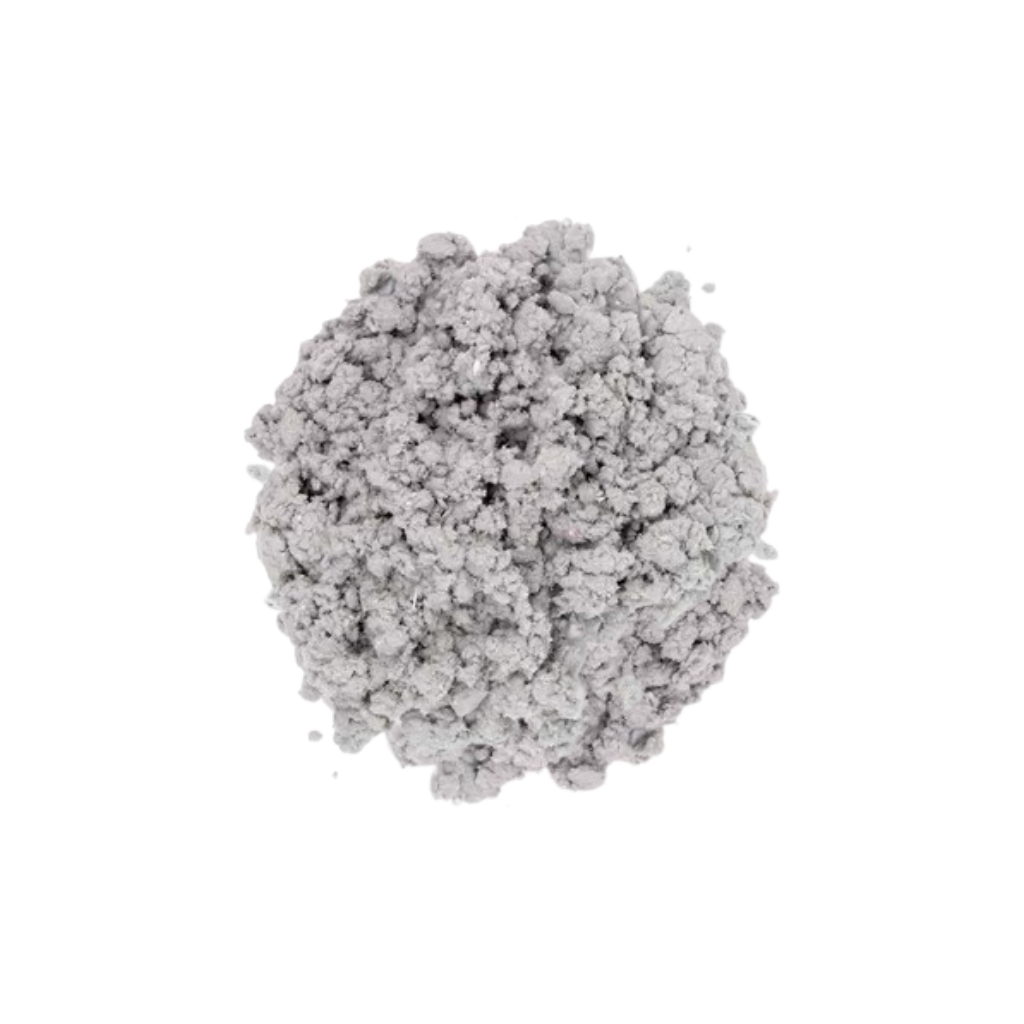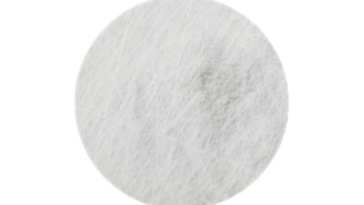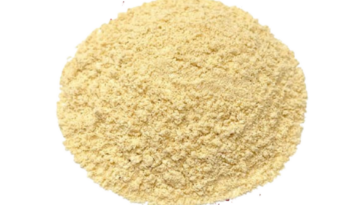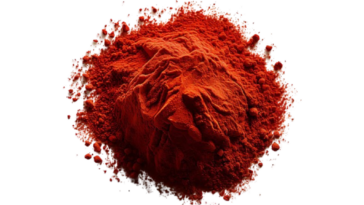Cellulose, the versatile dietary fiber essential for optimal digestion and promoting regular bowel movements. As a fundamental ingredient in food production, Cellulose plays a pivotal role in enhancing texture, preventing clumping, substituting fats, facilitating emulsification, extending shelf life, and adding bulk to products. Its multifaceted nature makes it an invaluable addition to various nutritional formulations, including dietary supplements and tablets.
In the realm of food science and manufacturing, Cellulose is hailed as a cornerstone ingredient, meeting the demands of modern consumers seeking healthier, functional products. Its myriad applications span across a spectrum of industries, from food and beverage to pharmaceuticals and beyond.
When it comes to optimizing product formulations, savvy manufacturers recognize the importance of Cellulose as a key ingredient for both its functional properties and its appeal to health-conscious consumers. With its natural origin and proven benefits for digestive health, Cellulose is a sought-after component in the development of innovative food and supplement solutions.
Incorporating Cellulose into your product formulations not only enhances their nutritional profile but also aligns with consumer preferences for clean label ingredients and functional foods. By leveraging the diverse functionalities of Cellulose, you can create products that not only taste great but also contribute to overall well-being.
Whether you’re formulating dietary supplements, fortifying food products, or developing pharmaceutical preparations, Cellulose offers a versatile solution for meeting consumer needs and staying ahead in today’s competitive market landscape. Embrace the potential of Cellulose to elevate your products and captivate your target audience with superior quality and functionality.
Vitamins & Minerals:
While cellulose itself does not contain any direct vitamins or minerals, it plays a vital role in promoting overall health and well-being by fostering digestive wellness. Cellulose is a type of dietary fiber, and its presence in foods contributes to various health benefits.
- Digestive Wellness: Cellulose aids in maintaining digestive health by promoting regular bowel movements and preventing constipation. Its fibrous nature adds bulk to the stool, which helps in moving waste through the digestive tract efficiently.
- Nutrient Absorption: By facilitating smooth digestion and regular bowel movements, cellulose indirectly enhances nutrient absorption. When the digestive system is functioning optimally, nutrients from food are absorbed more effectively in the intestines, ensuring that the body receives the essential vitamins and minerals it needs for various physiological processes.
- Gut Health: Cellulose acts as a prebiotic, which means it provides nourishment for beneficial gut bacteria. These bacteria play a crucial role in maintaining gut health and supporting immune function. By promoting the growth of beneficial bacteria, cellulose contributes to a healthy gut microbiome.
- Weight Management: Foods rich in cellulose are often low in calories and can help in promoting satiety. By adding bulk to the diet without adding excess calories, cellulose-rich foods can aid in weight management efforts by promoting feelings of fullness and reducing overall calorie intake.
- Balanced Lifestyle: Incorporating cellulose-rich foods into your diet is a simple yet effective way to promote overall health and well-being. By supporting digestive integrity, gut health, and weight management, cellulose contributes to a balanced lifestyle.
In summary, while cellulose itself does not provide direct vitamins or minerals, its presence in the diet is essential for maintaining digestive health, enhancing nutrient absorption, and supporting overall well-being. Incorporating cellulose-rich foods into your daily meals can help optimize your health and vitality.
Probiotic, Prebiotic, or Postbiotic:
Cellulose is a type of prebiotic. Prebiotics are non-digestible fibers that promote the growth and activity of beneficial bacteria in the gut. While probiotics are live beneficial bacteria, and postbiotics are the metabolic byproducts of probiotics, prebiotics like cellulose serve as food for these beneficial bacteria, helping them thrive in the gut.
Dietary & Health Information:
Cellulose, a prebiotic compound, emerges as a key player in promoting cardiovascular wellness and aiding weight management, bolstering its significance in holistic health regimes. Renowned for its cholesterol-lowering capabilities, cellulose facilitates the maintenance of optimal lipid profiles, contributing to heart health optimization. Moreover, its capacity to enhance satiety levels empowers individuals in their weight management endeavors, fostering a sense of fullness and aiding in portion control.
Beyond its impact on cholesterol and weight, cellulose exhibits remarkable prowess in regulating blood sugar levels, offering a multifaceted approach to well-being. By stabilizing glucose fluctuations, cellulose contributes to sustained energy levels and mitigates the risk of metabolic disorders, underlining its versatility in supporting overall health.
Incorporating cellulose-rich foods into your diet can significantly augment your wellness journey. Explore a diverse array of cellulose-rich options, such as fruits, vegetables, and whole grains, to harness its myriad health benefits. Elevate your health regimen with the transformative potential of cellulose, and embrace a lifestyle characterized by vitality and vigor.
Scientific Study:
See National Institutes of Health (NIH) Research on Cellulose →




 No products in the cart.
No products in the cart.